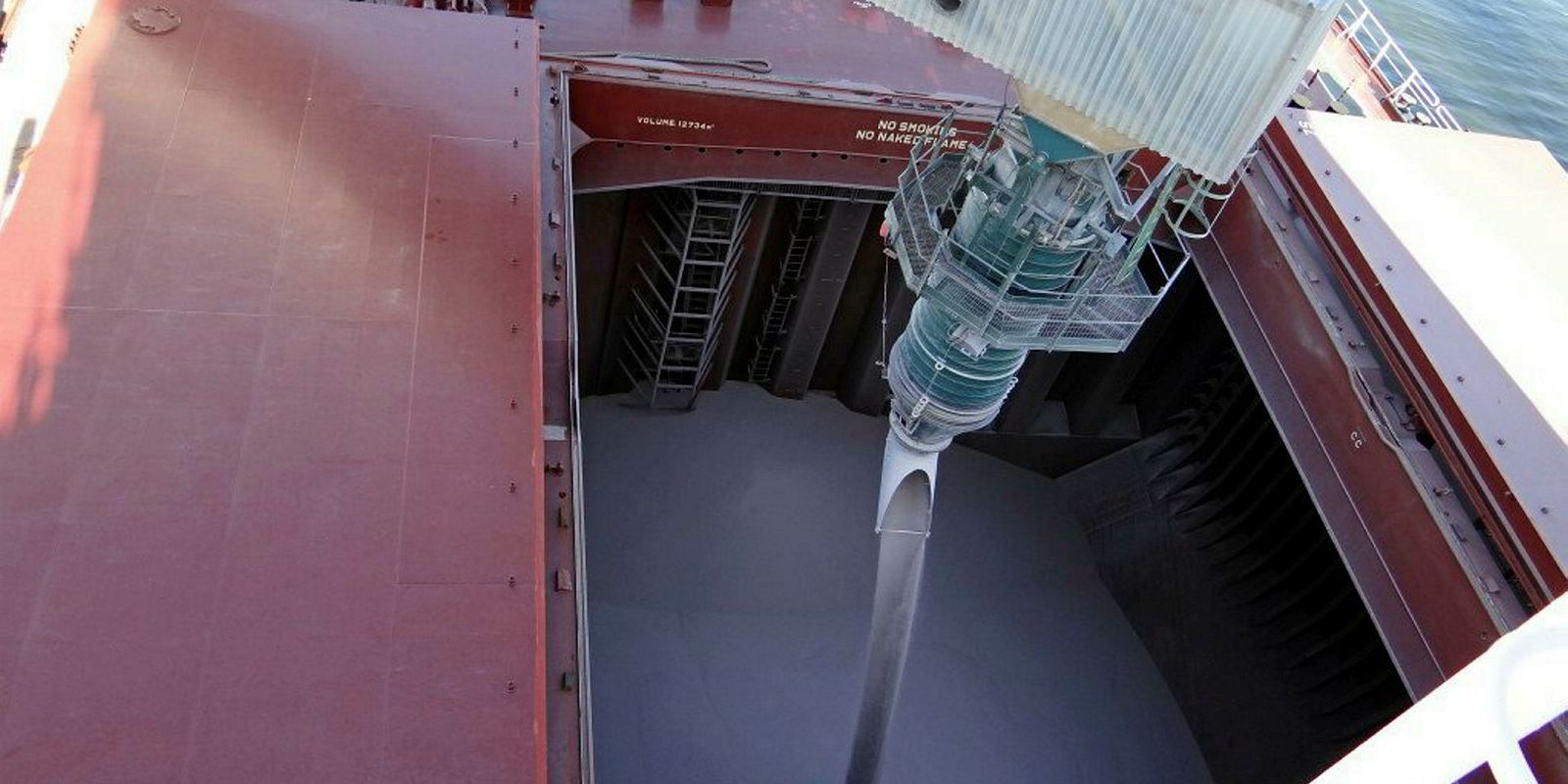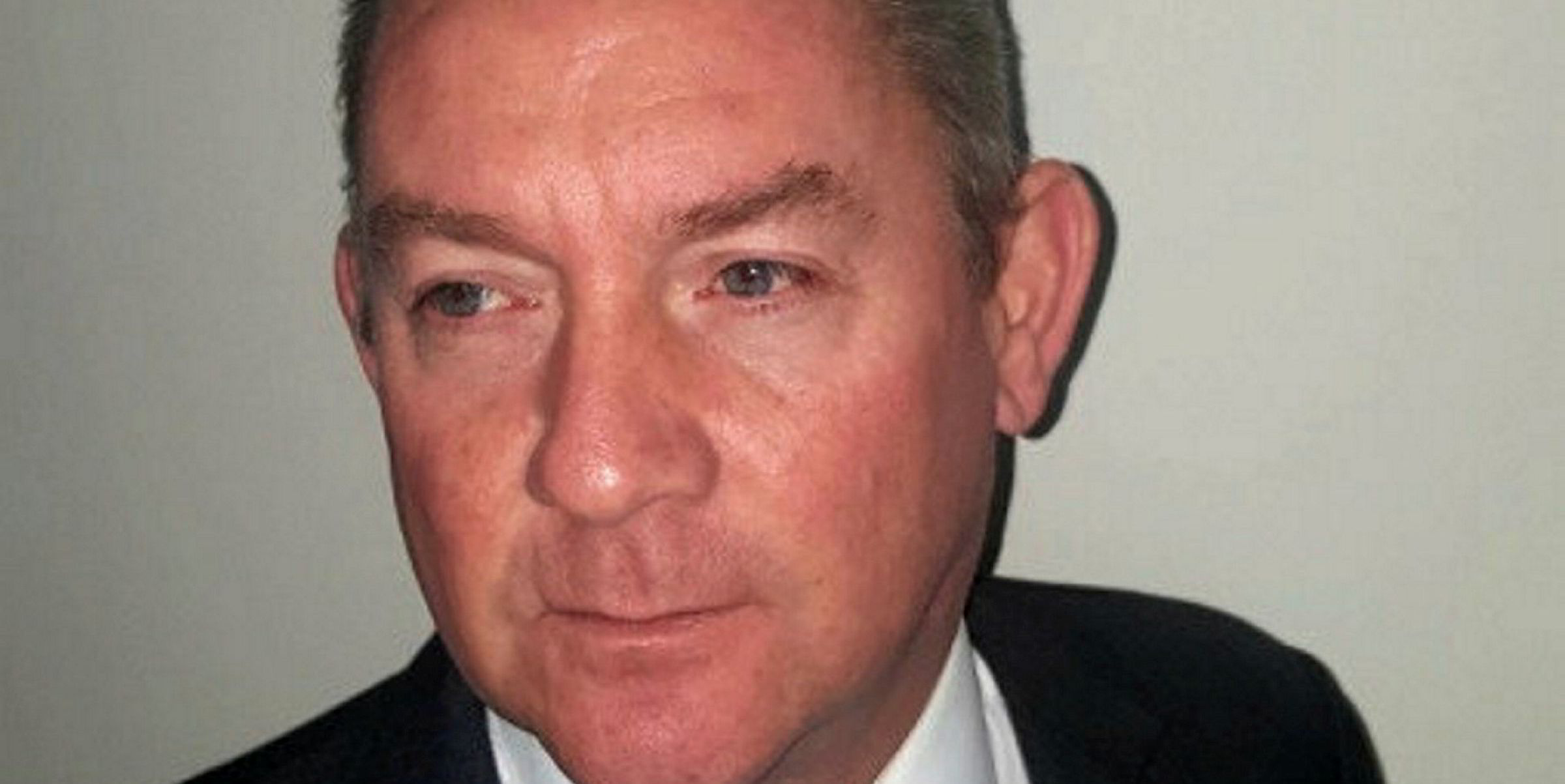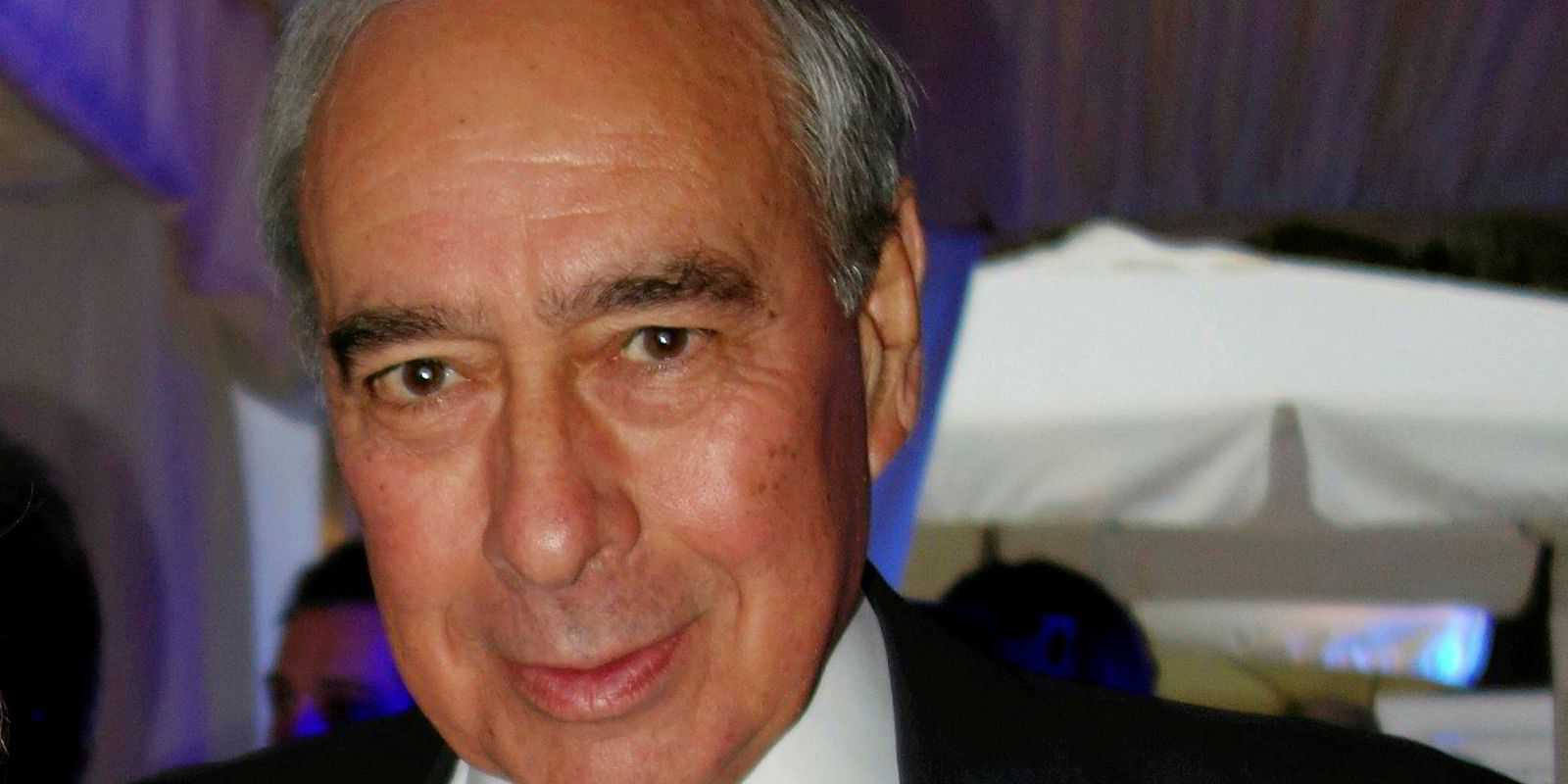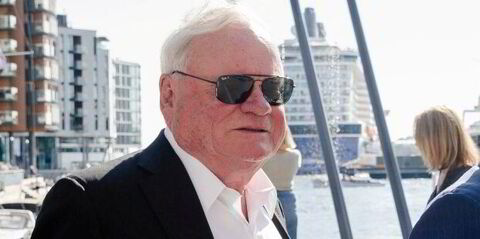Hudson Shipping Lines (HSL) does not want anything to do with exhaust gas scrubbers when IMO 2020 comes into effect next year.
The privately held ship operator says it will not employ scrubber-fitted ships to meet the pending IMO standard capping ship exhaust's sulphur content at 0.5% come 1 January 2020.
“We have thoroughly investigated the use and operation of exhaust gas scrubbers and have found that they simply transfer the pollution produced by vessels from the air to the ocean,” chief executive Avi Eilon said in a statement.
He said scrubbers allow vessels to keep burning "the dirtiest forms of fuel," high-sulphur fuel oils, in violation of IMO 2020's spirit and intention to protect the environment.
"Rather than employ vessels that use ocean polluting scrubbers, which require the use of additional harsh chemical additives to work —further polluting the environment —Hudson will instead set an example for other companies in the maritime industry by exclusively burning fuels that comply with the IMO 2020 regulations," he said.
HSL's announcement comes amid a debate across maritime shipping as to whether or not wastewater discharge from open-loop scrubbers is harmful to the marine environment.
Eilon said Hudson wants to join and support organisations that promote use of IMO 2020-compliant fuels and encourage shipowners to move away from using "ocean-polluting" scrubbers.
"It is hoped that if more companies join Hudson in using fuels that comply with the global sulphur cap that many countries and areas near the busiest shipping lanes will see significant reductions in pollution and pollution-related health conditions," he said.
Hudson employs about 70 dry bulk vessels, including three at the moment from Diana Shipping, which calls scrubbers "an unattractive investment" for IMO 2020 compliance.





